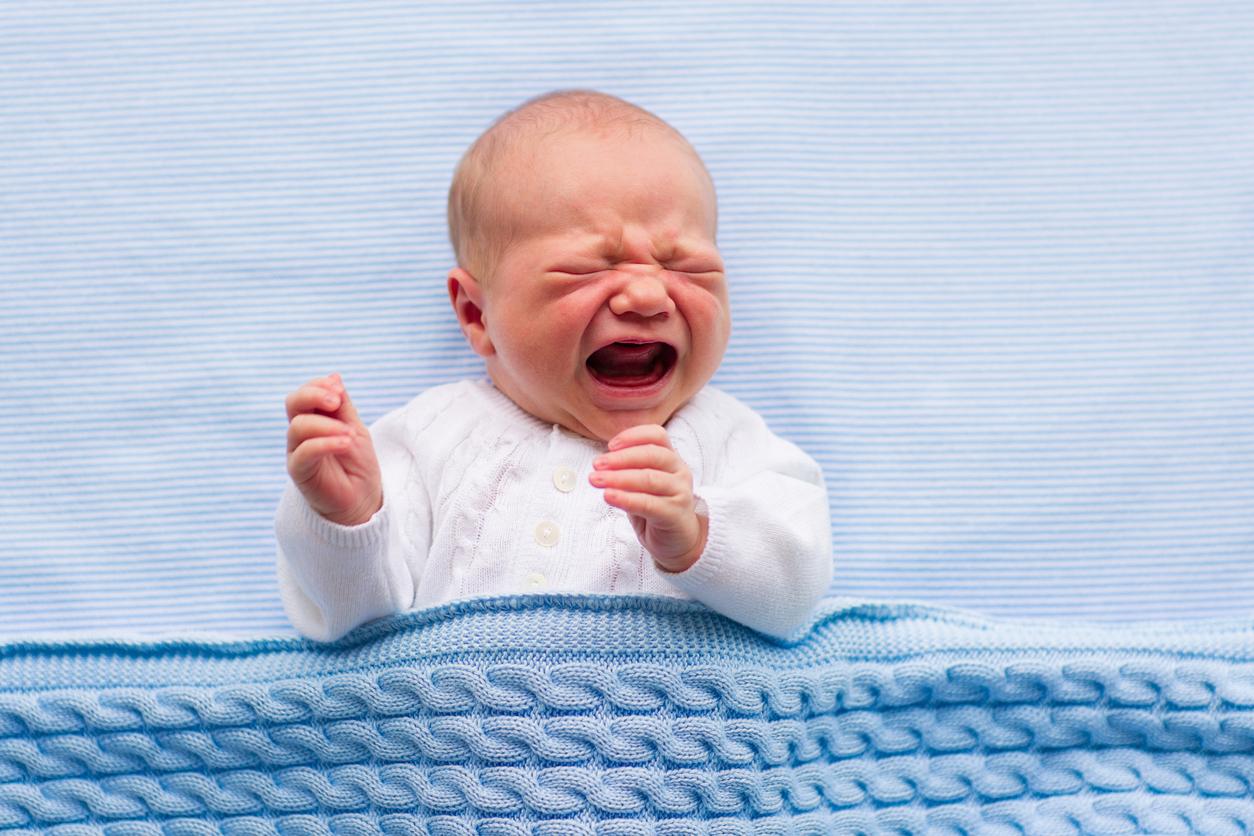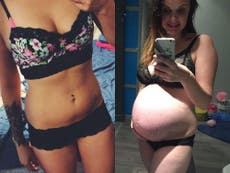Being a new mum can be the loneliest thing of all – as I found out
I had stopped working from a busy career, none of my friends were having babies and I had no friends outside of work who were in the same area. Alone, at home all day, I missed being valued and appraised for my work – which was now my baby

It is often said by women after having a baby that there is a “secret conspiracy” by other women who have had children to not share what it is really like to have a newborn baby.
Perhaps there is a little bit of truth in this statement. Every woman, her pregnancy and experience will have common factors – but the physical and emotional elements will be unique. Your own experience of being a child, the parenting you received and personal life events will all influence how you cope with pregnancy, birth and a new baby.
Not only do you have these external factors, but there will be hormone changes that affect new and expecting mothers – especially with regards to mental health. Pregnant women will read everything they can about pregnancy, labour and birth, and when the baby arrives the focus will turn to the needs of the baby. However, the need to look after yourself during this time is paramount. Your mind and body will need to be nurtured so you can look after your baby.
“Baby blues” often occurs in new mothers – for some this may be a few days or just a short spell – but for many this can develop into postnatal depression. Health professionals will carry out regular checks, but too often women will have to self-diagnose or will hide their true feelings, out of fear or lack of understanding.
So, how can you know if you are suffering from post-natal depression, loneliness or anxiety during new motherhood?
Of course, there is so much on the internet to read, but having an awareness of your own mind and mental health is paramount to understanding any significant changes.
After trying to conceive for five years through IVF, I suffered with antenatal depression. My self-esteem and confidence were brutally battered, but when my final treatment worked and I had my son, I was euphoric. So much so, that my health visitor told me a year after the birth that she was waiting for me to plunge into depression following this ecstatic high. How could I get post-natal depression? I had my new baby, everything was perfect and I had been through so much to have him.
However, the depression crept up on me very slowly.
I had stopped working from a busy career, none of my friends were having babies and I had no friends outside of work who were in the same area. Alone, at home all day, I missed being valued and being appraised for my work – which was now centred around my baby. The loneliness hit me – spending the day talking to a baby who cannot talk back takes its toll on many new mums.
Luckily I have a supportive partner – but how could he really know what it was like from dawn to dusk to be, essentially, on your own? Especially when I had so many questions – was I feeding my son correctly? Did he need a nappy change? Was he ill in any way, and not able to tell me?
My days dragged on and on. Eventually I recognised that there was a problem, and that I could no longer live this way. One day I broke down in front of my GP, who was very understanding – but that was it. I was prescribed anti-depressants to get me in a calm place and told to go home and enjoy my time with my baby.
What I really needed was more support, more people to talk to and a way of understanding that what I felt was "normal" – yet I was simply provided with some tablets to “make it all better”.
Support for women with mental health issues has slightly improved since then – but in terms of raising awareness we are still a long way from providing the support, care and understanding that is seriously needed for new mums. I wish someone would have warned me about what might happen before I had become a mum – so that I knew it was normal, and that many others felt the same way.
My Grandmother would always say “educate the mother and you educate the child”. As mothers today, we should be taking action to educate our children, our friends and prospective mothers on recognising mental health needs before, during and after pregnancy. Everyone should learn from an early age that our brain health needs as much care as our physical health – and that being a new mum isn’t always the idealistic, picture perfect scene that it is made out to be.
Debbie Bird is a managing editor at Now Baby


Join our commenting forum
Join thought-provoking conversations, follow other Independent readers and see their replies